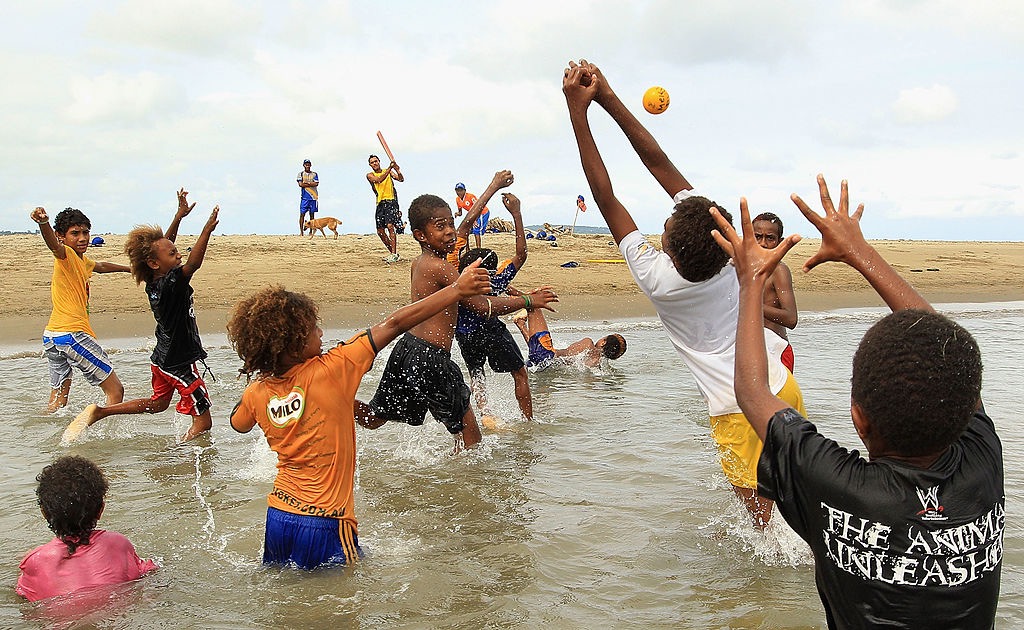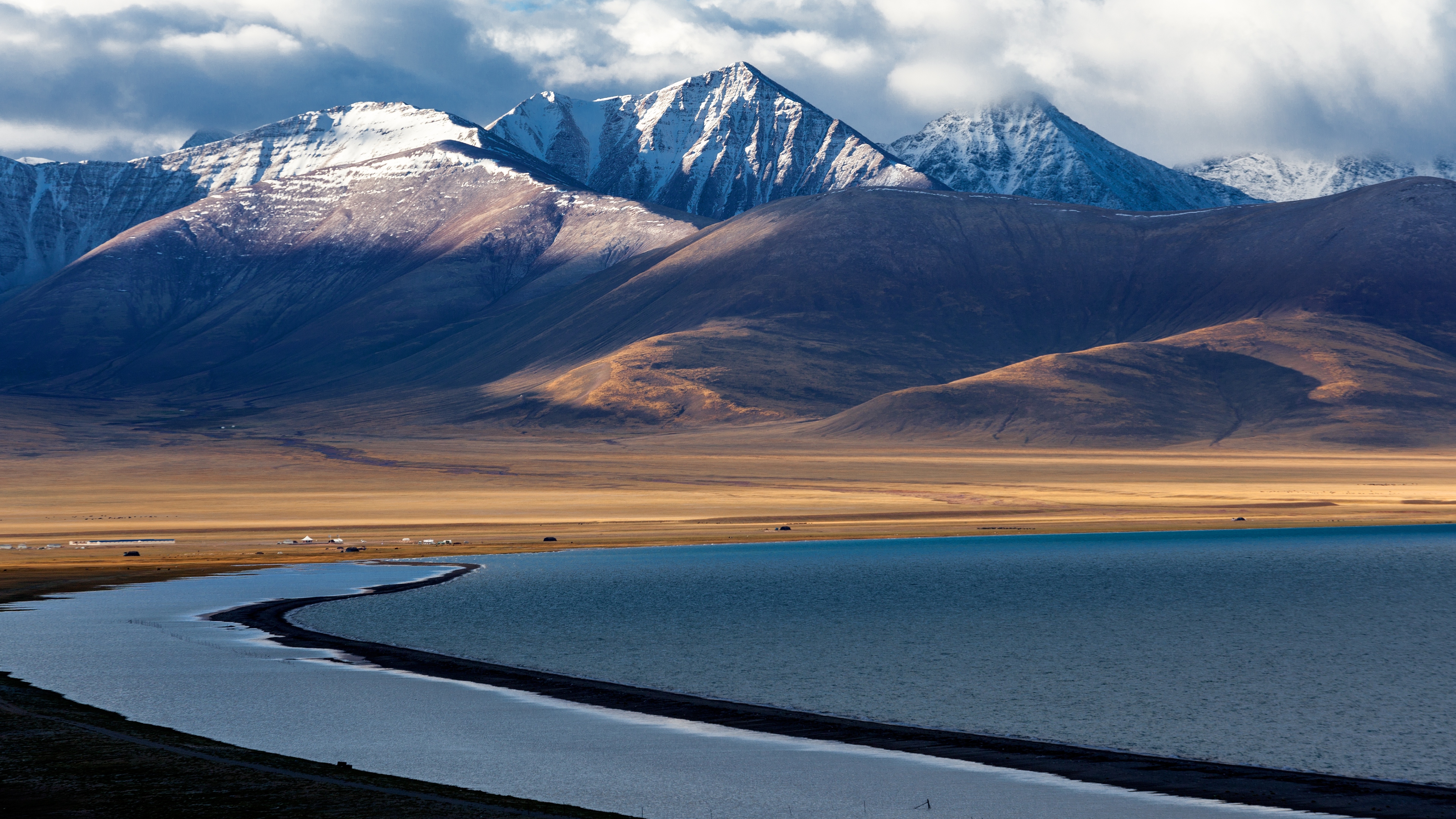DNA From Mystery Human Species Detected in Pacific Islanders

Get the world’s most fascinating discoveries delivered straight to your inbox.
You are now subscribed
Your newsletter sign-up was successful
Want to add more newsletters?

Delivered Daily
Daily Newsletter
Sign up for the latest discoveries, groundbreaking research and fascinating breakthroughs that impact you and the wider world direct to your inbox.

Once a week
Life's Little Mysteries
Feed your curiosity with an exclusive mystery every week, solved with science and delivered direct to your inbox before it's seen anywhere else.

Once a week
How It Works
Sign up to our free science & technology newsletter for your weekly fix of fascinating articles, quick quizzes, amazing images, and more

Delivered daily
Space.com Newsletter
Breaking space news, the latest updates on rocket launches, skywatching events and more!

Once a month
Watch This Space
Sign up to our monthly entertainment newsletter to keep up with all our coverage of the latest sci-fi and space movies, tv shows, games and books.

Once a week
Night Sky This Week
Discover this week's must-see night sky events, moon phases, and stunning astrophotos. Sign up for our skywatching newsletter and explore the universe with us!
Join the club
Get full access to premium articles, exclusive features and a growing list of member rewards.
Melanesians — people native to Vanuatu, the Solomon Islands, Fiji, Papua New Guinea, New Caledonia, West Papua and the Maluku Islands — could carry DNA from a now-extinct human ancestor that is so far unknown in the fossil record, new genetic analysis suggests.
Melanesians retain both Neanderthal and Denisovan ancestry in their genes. Neanderthals and Denisovans were both extinct populations of humans in our genus, Homo. The new research, presented recently at the American Society of Human Genetics Annual Meeting in Vancouver, B.C., may add yet another layer to the ancestry of many Pacific Islanders.
Their mystery relative "could have been a population relative to Denisova, or something more distantly related," Ryan Bohlender, lead author of the new research, told Seeker.
Melanesians to this day have an extremely unusual trait: they often have the darkest skin in the world outside of Africa, yet about one-fourth of them have blonde afros. Their unique appearance must be due to their intricate ancestry, which involved a lot of admixture. That's when two or more previously isolated populations within a species mix. In their case, it looks like the interbreeding included modern humans (Homo sapiens), Neanderthals, Denisovans and the mystery human.
RELATED: Sex with Neanderthals Made Us Stronger
Bohlender, who is a postdoctoral researcher at the University of Texas MD Anderson Cancer Center, and his colleagues created an estimation tool to better determine how our histories interacted with those of Neanderthals and Denisovans. The scientists then looked to see how well the computer model predicted the pattern of variation seen in various existing populations.
"We find that the answer is, reasonably well in Europe and East Asia, and less well in Melanesia," Bohlender said.
Get the world’s most fascinating discoveries delivered straight to your inbox.
"Given the poor fit in Melanesia, something appears to be different there and one way for things to differ is additional admixture from some other hominin (early human) that we didn't include in the model."
The estimation tool also indicates that the early human population in Africa was about 50 percent larger than previously believed. It also suggests that Neanderthals diverged from our lineage 440,000 years ago, which is 100,000 years later than previously thought.
Why there was an archaic-modern human separation at that time is yet another mystery.
If you are Melanesian, then you are about 2 percent Neanderthal, between 3–4 percent Denisovan and also likely retain an additional small percentage of DNA from the mystery human ancestor, based on the new research.
"I think there is no such thing as a purebred modern human," Joshua Akey, who conducted some of the earlier research, told Seeker.
RELATED: Teeth Suggest Humans Killed Hobbits
"All of our genomes are a mosaic of different ancestries, and admixture is a recurring theme throughout human evolutionary history," continued Akey, who is a researcher at the University of Washington's Department of Genome Science.
Interbreeding happened in Africa too, other studies indicate. A 2012 paper, for example, found DNA for yet another mystery human species in the genomes of hunter-gatherer people who live in Cameroon and Tanzania.
As for what all of this interbreeding means for us, it seems that the news is both good and bad. On the positive side, Bohlender said that "there are regions that have directly benefited from archaic DNA, like high altitude adaptation in Tibet." Today's Tibetans can therefore thank their Denisovan relatives for the ability to breathe easier than the rest of us while in the thinner air of mountainous areas.
Melanesians can thank their many early human ancestors for their incredible diversity that perhaps makes them some of the worldliest people on the planet, at least in terms of their DNA.
On the other hand, if you're of European or Asian ancestry and you suffer from allergies, you can curse your Neanderthal ancestors. These early humans had genetic variants that helped them to survive outside of Africa, yet that make some people now overact to environmental allergens, like dust and pollen.
Original article on Seeker.
 Live Science Plus
Live Science Plus










